Tips About What to Eat After Rhinoplasty?
Facial Plastic Surgery
Rhinoplasty aftercare is essential as it significantly influences the surgery's success. Knowing what to eat after rhinoplasty can not only help reduce complications but also accelerate the healing process and reduce swelling. In this article, we will guide you on the foods to eat after rhinoplasty and the foods to avoid after nose surgery. Don't overlook this informative resource if you're seeking comprehensive insights into rhinoplasty procedures.
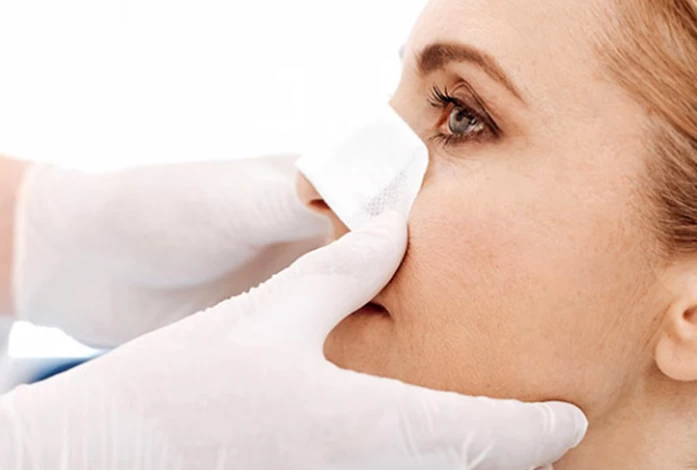
When Can I Start Eating and Drinking After Nose Job?
After rhinoplasty, you may be asked to refrain from drinking water for at least half an hour. Afterward, you will be asked to drink plenty of water or fresh juice to reduce anesthesia complications. You can start eating soft foods such as smoothies and blended soup almost two hours after the nose job.
Rhinoplasty Diet: 6 Tips
The main aim of the rhinoplasty recovery diet is to speed up the healing process, minimize the side effects of the nose job, boost the immune system, and reduce pain and inflammation. In the following, we discuss what to eat after rhinoplasty:
High-fiber foods
Eating high-fiber foods during the recovery period after rhinoplasty is crucial because they prevent constipation by regulating bowel movements. Foods with a high amount of fiber include pasta, wheat, cooked brown rice, wheat bread, popcorn, apples, oranges, strawberries, pears, carrots, potatoes, green peas, broccoli, spinach, etc.
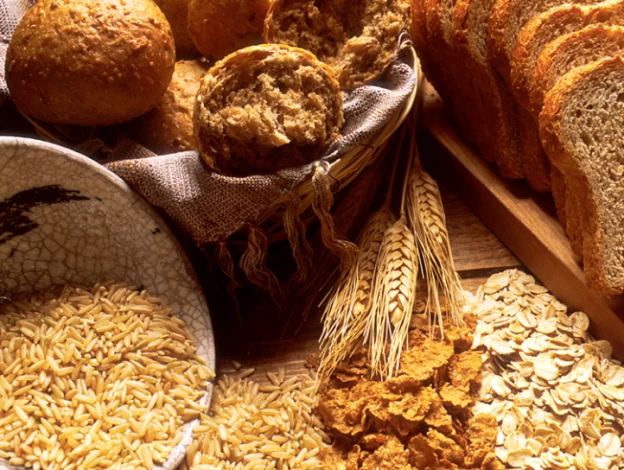
Anti-inflammatory foods
One of the most important things that you must include in your rhinoplasty diet is anti-inflammatory foods because by consuming them, the inflammation caused by the operation is reduced to a great extent. As a result, your recovery period will be shorter, and the wounds will heal faster. Foods containing unsaturated fats such as avocado, fatty fish, and olive oil, some vegetables such as strawberries, blueberries, broccoli, mushrooms, grapes and tomatoes, dark chocolate, and green tea are good anti-inflammatory foods.
Wound-healing foods
Another important type of food that must be included in your post-rhinoplasty diet is wound-healing ones. Read on to learn which foods help your wounds to heal faster after nose surgery:
- Foods rich in protein, such as meat, fish, eggs, and yogurt;
- Foods rich in vitamin A, such as carrots and oranges;
- Dark leafy greens such as spinach, kale, and lettuce;
- Foods rich in vitamin C include citrus fruits, tomatoes, strawberries, and white potatoes.
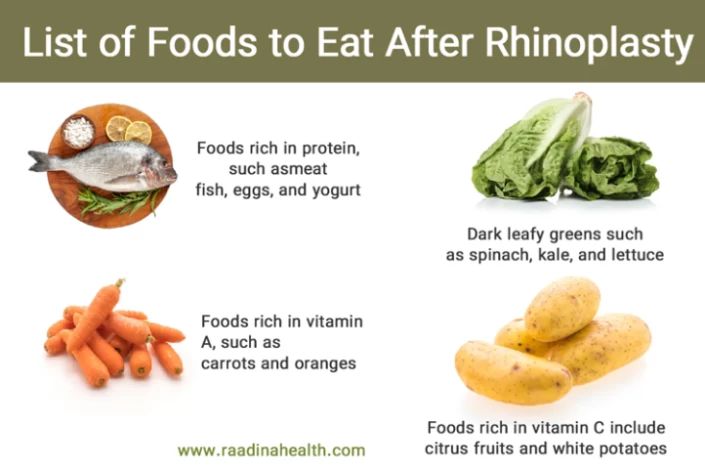
Foods that reduce anxiety
It is interesting to know that pain and inflammation are not the only things patients face after rhinoplasty. Some people also struggle with postoperative anxiety. Luckily, many types of food can relieve your anxiety, such as nuts, dark chocolate, green tea, and chamomile tea. However, you should consult your doctor before having any of them.
Fresh fruit and vegetable
Fresh fruits and vegetables are rich in vitamins and minerals that the body needs after rhinoplasty. For example, pineapple, papaya, and peach can reduce swelling and inflammation because they contain an enzyme that prevents swelling and discomfort after nose surgery. Therefore, it is necessary to have fresh fruits and vegetables during the rhinoplasty recovery period.
Vitamins and minerals
Vitamins C and D and zinc are beneficial during nose job recovery. Vitamin C and zinc help skin regeneration and speed up wound healing. Good sources of vitamins and zinc are dietary supplements and food such as meat, citrus fruits, tomatoes, etc.
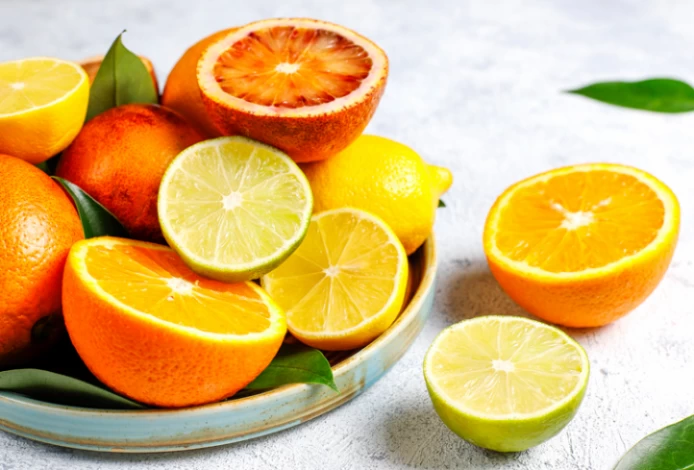
What to Eat 24 Hours after Rhinoplasty?
Since anesthetics remain in your body for almost a day after rhinoplasty, it is necessary to have foods that flush out the sedatives from your blood circulation. So,
- Drink plenty of water. It’s better to drink 4-6 glasses of plain water the day after rhinoplasty;
- Have foods rich in protein and carbohydrates to reduce inflammation and side effects of anesthesia;
- Avoid having alcohol, sparkling water, caffeine, and sodas;
- Eat soft foods such as smoothies, pudding, and soup;
- Avoid having foods that cause constipation or nausea, and
- Avoid having herbal tea, especially green tea, right after the surgery.
Rhinoplasty Diet: The First Week After Nose Job
As you cannot open your mouth or chew properly for a week after a nose job, you should consider soft foods to eat after nose surgery, such as scrambled eggs, steamed fruit, and vegetables, cooked cereals, soft tuna, soft meatballs, etc.
Remember that what you eat after nose surgery is crucial, as your body needs vitamins and minerals in this period, so you have to eat nutrient-dense foods during this week. Also, you have to drink plenty of fluids such as water, fresh juice, and herbal tea containing ginger every day to prevent constipation and speed up the healing process.
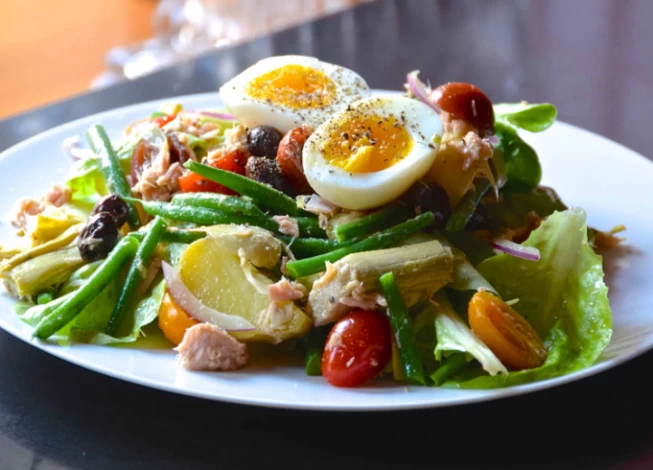
What Foods to Avoid after Rhinoplasty?
What to eat and what foods to avoid after rhinoplasty are equally important. Some foods that have a negative effect on the result of nose job and should not be consumed during its recovery period include:
- Alcohol: drinking alcoholic beverages after a nose job reduces the healing speed and causes more nasal swelling. Also, having alcohol right after the surgery may interfere with anesthetics inside your body and cause vomiting and diarrhea.
- Spicy foods: Although they can reduce inflammation, they should be avoided for the first two weeks after rhinoplasty because they may cause digestive problems such as nausea, high blood pressure, nasal bleeding, and sneezing.
- Foods rich in sodium: salt increases swelling and inflammation. Therefore, it is recommended to strictly avoid high-sodium foods during recovery and even for a few months after the nose job.
- Processed foods: processed foods are rich in sugar, sodium, and saturated fats, all of which increase inflammation and reduce recovery speed.
- Too cold/hot foods: having too cold/hot foods may cause pain in the jaw, teeth, and, finally, the whole face.
- Hard foods: hard and crunchy foods should be highly avoided for at least two weeks after rhinoplasty as they add to recovery time and cause swelling and pain in the upper jaw.
- Caffeinated drink: avoiding caffeine after nose surgery is recommended because it may delay wound healing. While this may be difficult for patients who drink coffee or tea every morning, it is important to stop drinking caffeinated beverages during the rhinoplasty recovery.
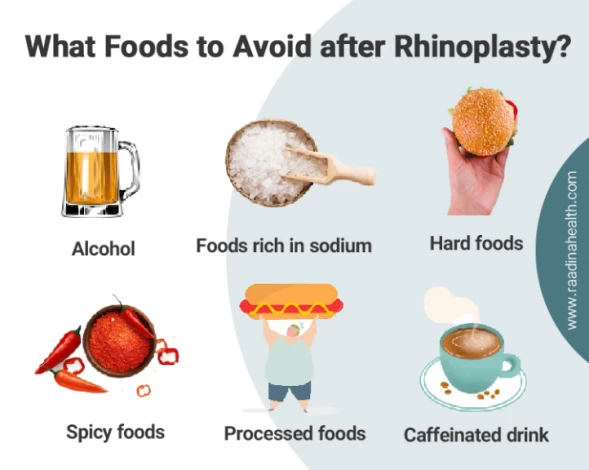
Useful Drinks after Rhinoplasty
It is recommended to drink non-acidic fresh fruit juices, especially celery and pineapple juice, after a nose job. Pineapple contains an enzyme called bromelain, which helps reduce swelling and bruising. Additionally, bromelain eases digestion by relieving nausea and even prevents nasal congestion. Celery juice also significantly reduces swelling and bruising around the eyes after rhinoplasty.
To further address "what to eat after rhinoplasty to reduce swelling," these fruit juices can be beneficial due to their anti-inflammatory properties. Acidic juices such as orange juice may irritate your stomach, which is why it is usually recommended to avoid these types of juices after rhinoplasty. Another nutritious drink you can have during recovery is a protein shake containing almonds, peanuts, and seeds.
How Long Should I Follow This Diet Plan After Rhinoplasty?
The duration for which you should follow the aforementioned plans after rhinoplasty can vary from person to person and should be primarily guided by your surgeon's recommendations. Typically, the initial post-rhinoplasty diet plan, which includes soft and non-irritating foods, is advised for about a week or until you can comfortably open your mouth and chew without discomfort. After this initial period, you can gradually reintroduce a more regular diet. However, it's essential to remain cautious about foods that may still irritate, like spicy or hard, crunchy items. It's advisable to continue eating nutrient-dense foods that support your healing and avoid foods that might increase inflammation.
Contact us for a free initial consultation about Rhinoplasty
Conclusion
Overall, every patient should be aware of what to eat after rhinoplasty because it can impact the outcome of the surgery and make recovery even harder. So, if you have any questions about diet after rhinoplasty, contact us.
Radinaa Co. offers the most affordable and wholesome packages of rhinoplasty in Iran and provides you with various services such as applying for an Iran medical visa, booking accommodations near the hospitals, arranging sightseeing tours for the patients and accompanies, etc.
FAQs about the Rhinoplasty Diet
How long should I follow the rhinoplasty diet plan?
Most surgeons recommend following a rhinoplasty diet for the first two weeks after the surgery, as during this period, the body is trying to recover and heal the incisions.
Can I eat chewy foods after rhinoplasty?
After rhinoplasty, you cannot -and should not- open your mouth too much and have hard and crunchy foods.
What should I eat after rhinoplasty to reduce swelling?
In addition to using a cold compress, elevating your head when sleeping, etc., you can reduce postoperative swelling by having anti-inflammatory foods, including leafy green vegetables and foods rich in vitamin C, such as tomatoes and berries.
What can I eat on the day of rhinoplasty?
On the day of rhinoplasty, you can have soft foods such as yogurt, scrambled eggs, mashed potatoes, soup, smoothies, etc. Remember that you should not eat too cold or hot for a week as your gums are sensitive to pain.
What can I eat immediately after a nose job?
It is advised not to eat anything immediately after the nose job until you feel less nauseous. You can have some water or pineapple juice a few hours after the operation.
When can I eat solid food after rhinoplasty?
You can start having solid foods such as boiled potato and salad from the second week after rhinoplasty. Of course, avoiding chewy foods such as steak, carrots, and candy is better until you have healed completely.
Can I eat pizza after rhinoplasty surgery?
It's best to avoid pizza immediately after rhinoplasty. Stick to soft, non-irritating foods during the initial recovery phase, and consult your surgeon for specific dietary recommendations.
What soft foods should I eat after nose surgery?
Soft foods like soups, yogurt, mashed potatoes, scrambled eggs, and smoothies are excellent choices after rhinoplasty. They are easy to chew, reduce pressure on the face, and provide the nutrients your body needs to heal.
Is drinking pineapple juice after rhinoplasty good for recovery?
Yes, pineapple juice contains bromelain, an enzyme that may help reduce swelling and bruising. Drinking it in moderation can support healing, but avoid adding too much sugar. Fresh juice is always better than packaged ones.
Can I eat chocolate after rhinoplasty?
Eating chocolate in small amounts is generally safe after rhinoplasty. However, avoid overconsumption since sugary foods may trigger inflammation and slow down recovery. Dark chocolate is a better option than milk chocolate.
When is it safe to eat spicy food after rhinoplasty?
Spicy foods can irritate nasal tissues and increase swelling, so most surgeons recommend avoiding them for at least 2–3 weeks after surgery. You can reintroduce them gradually once your breathing feels normal and your doctor approves.

 WhatsApp
WhatsApp
 Telegram
Telegram
 Facebook
Facebook
 Email
Email

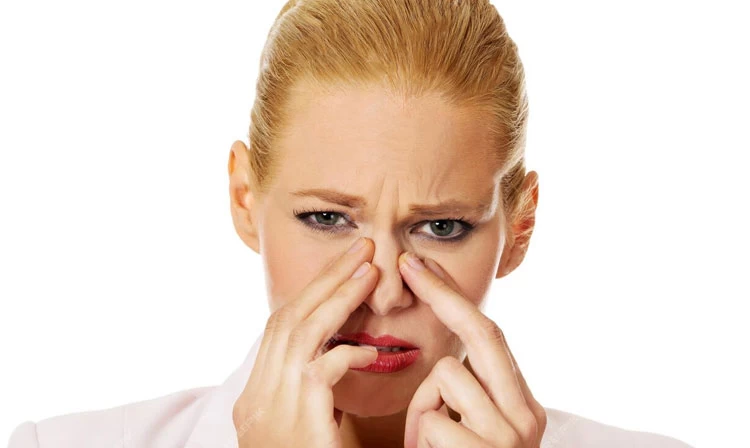
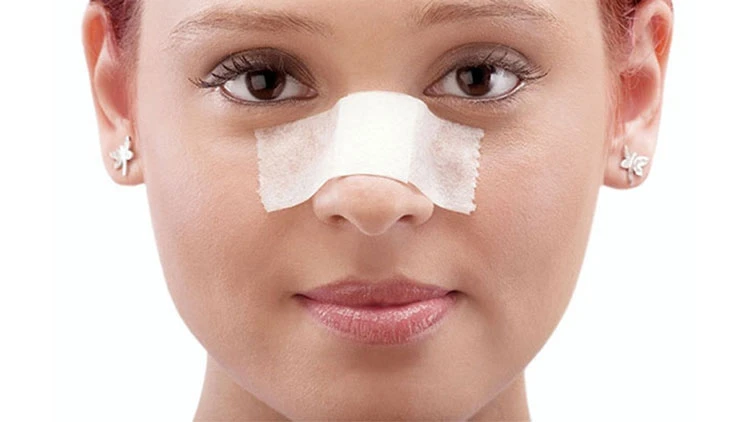
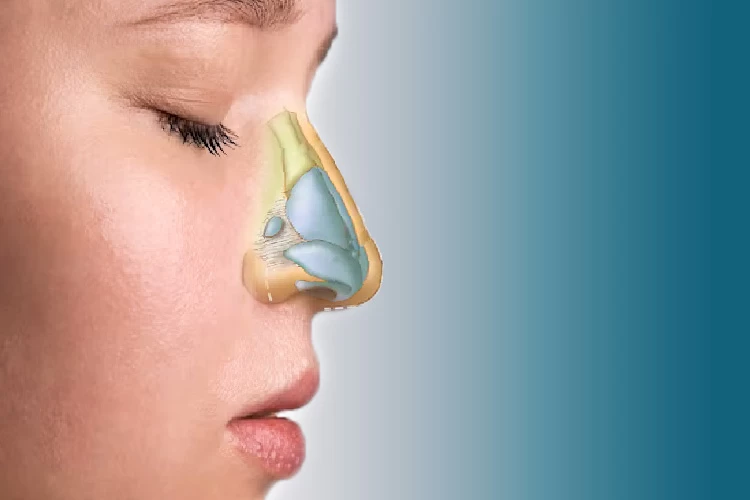
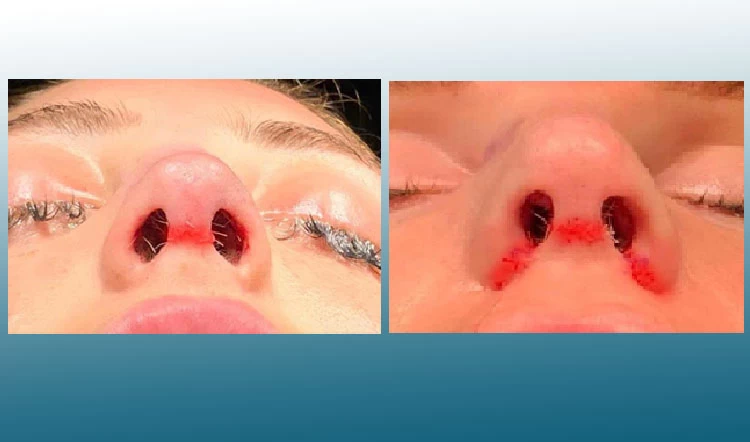
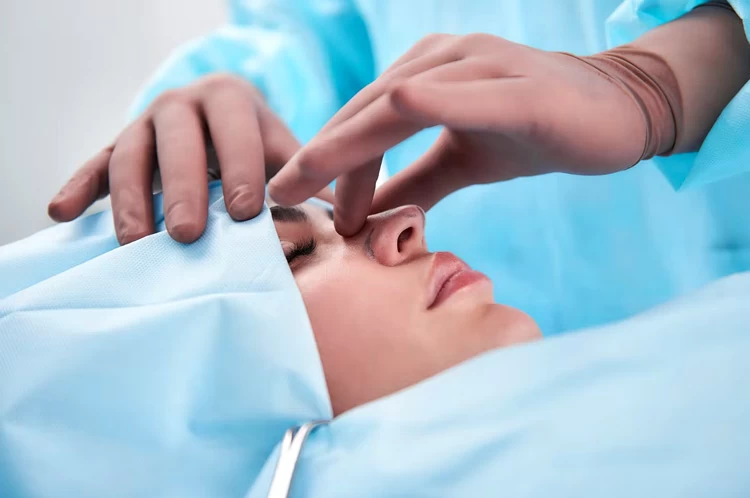
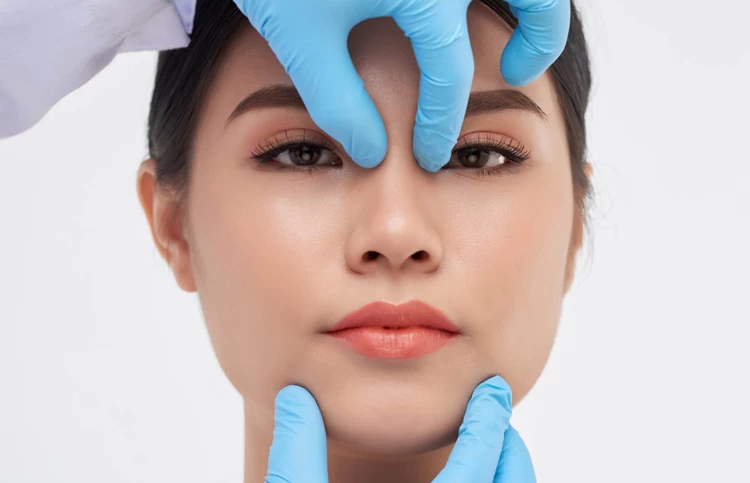
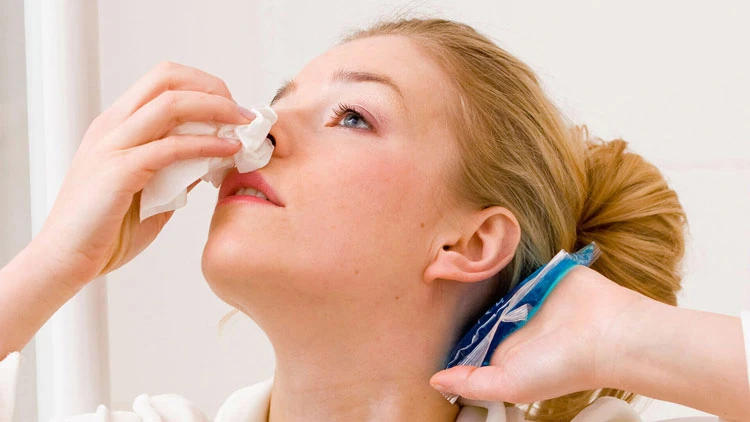

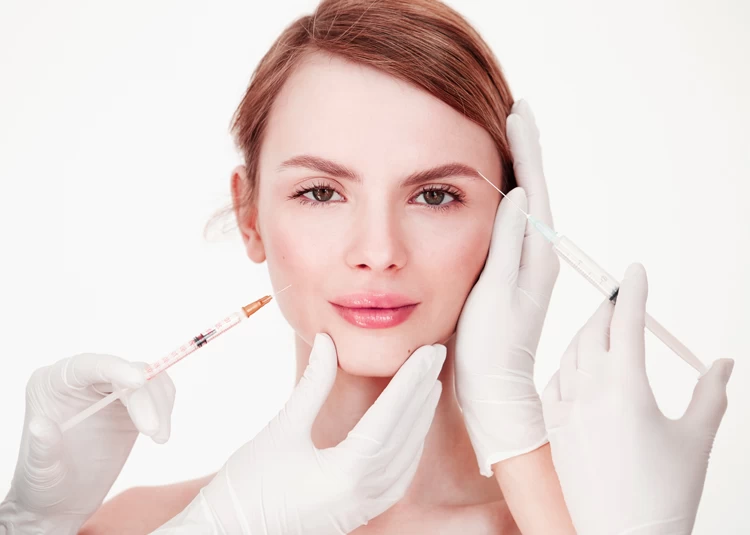
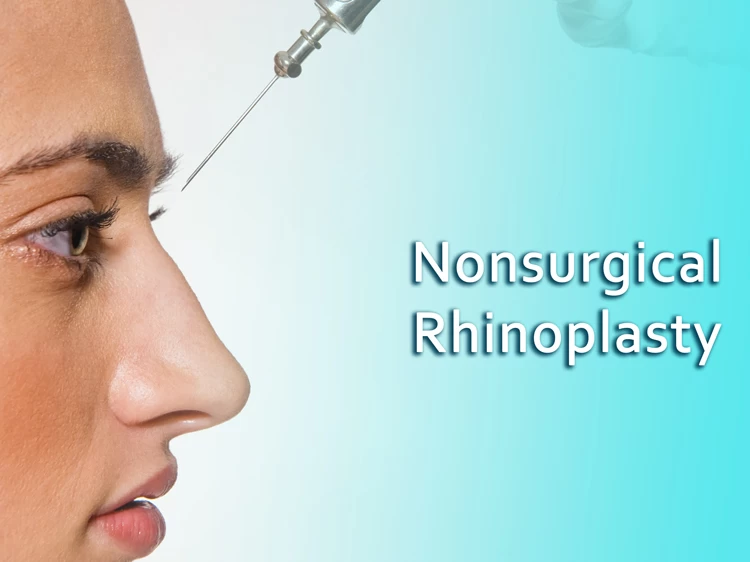
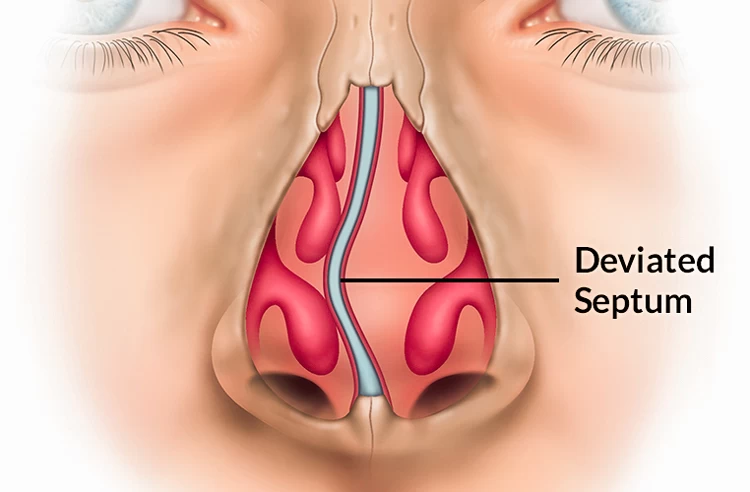
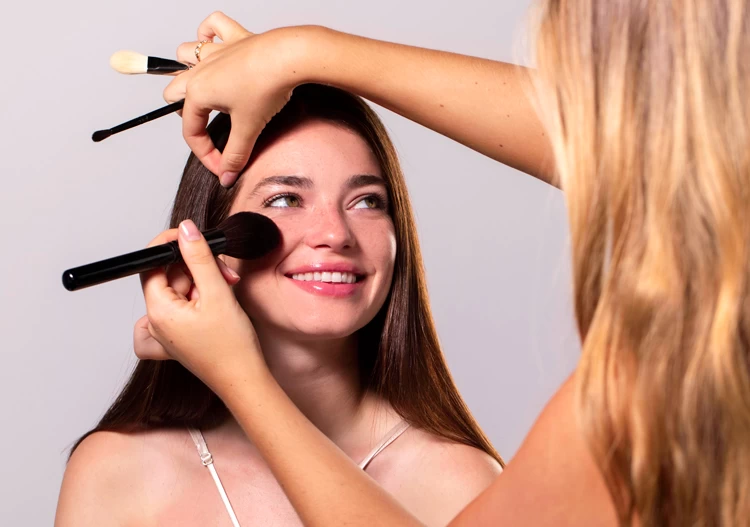
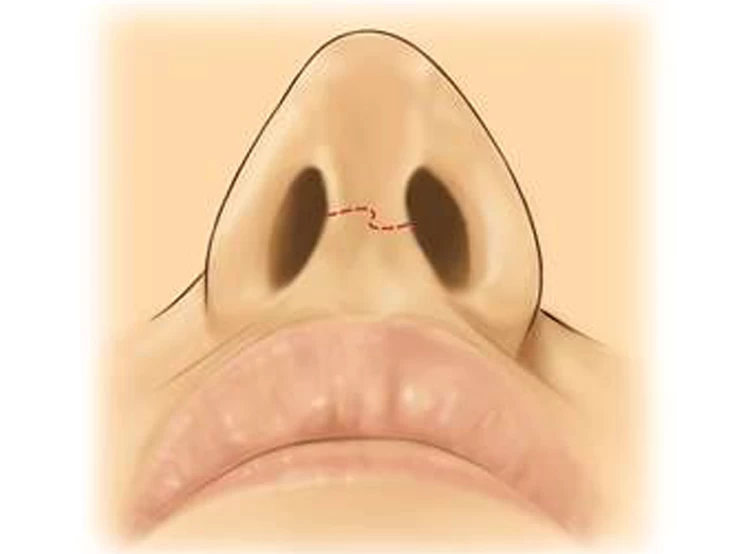
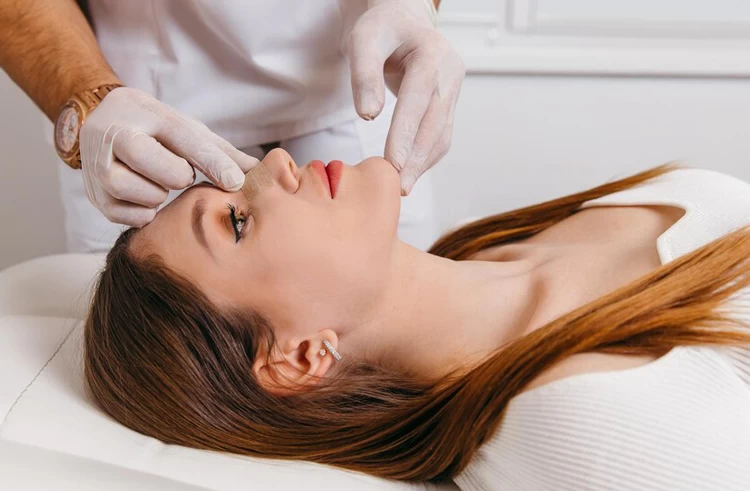

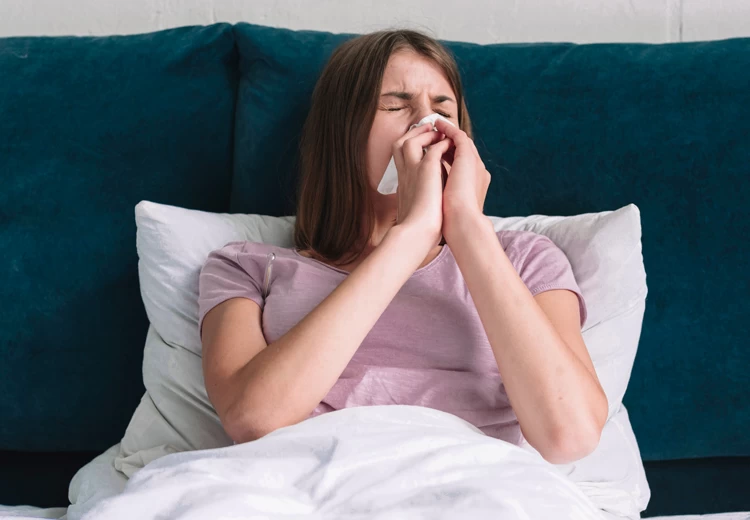
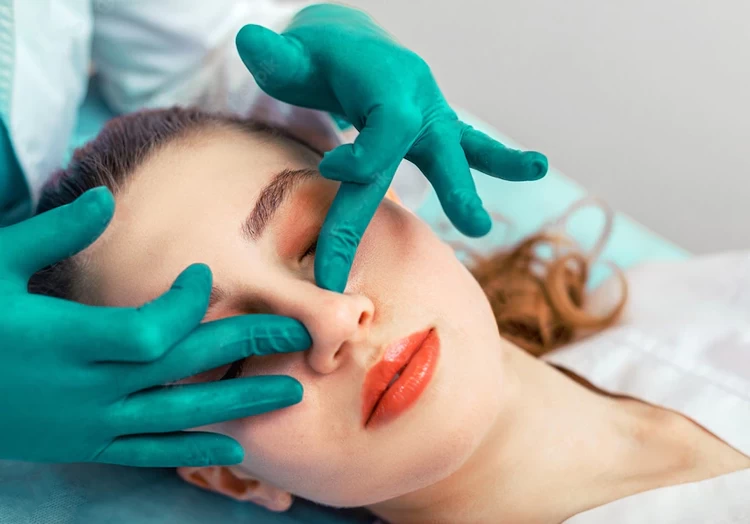
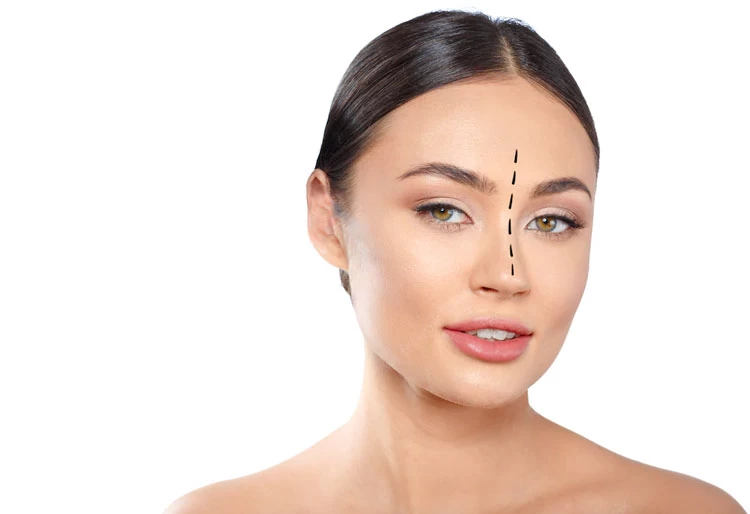

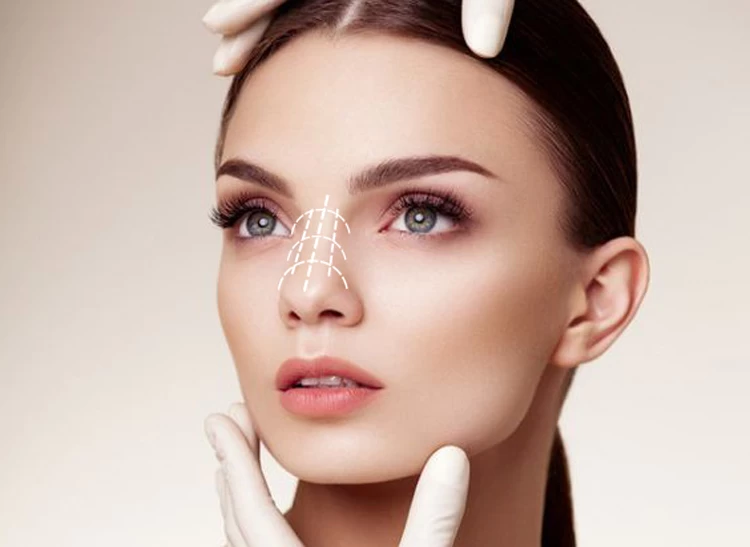
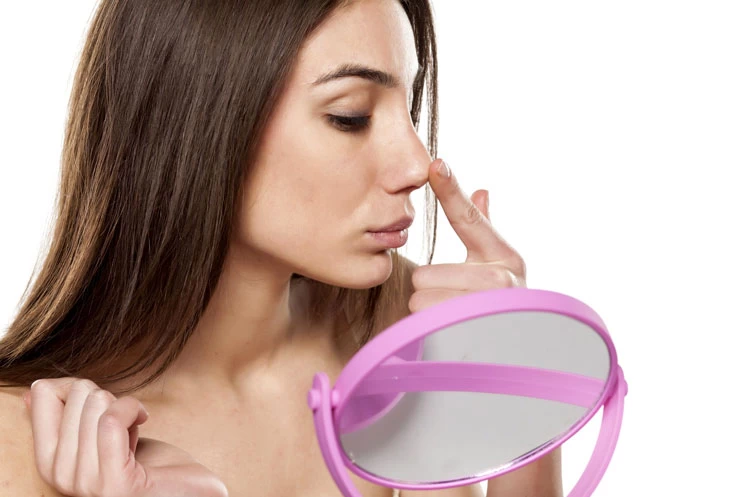
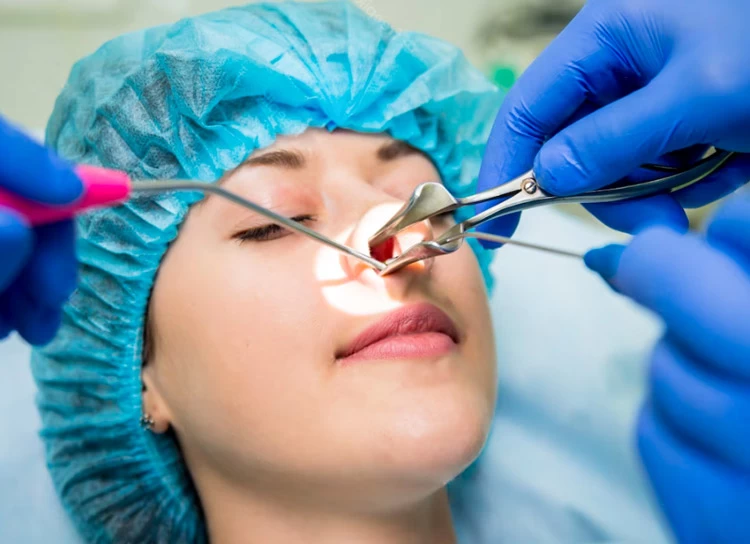
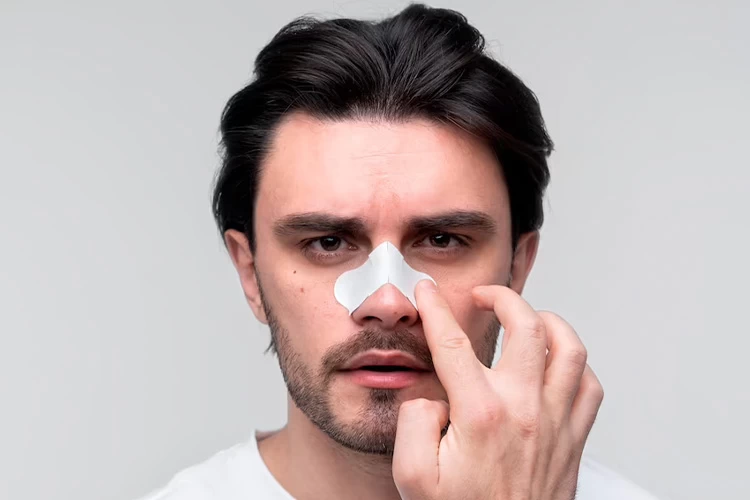
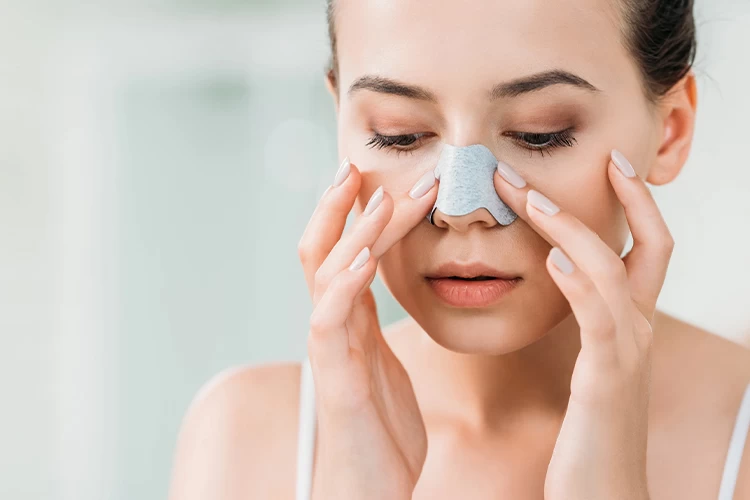
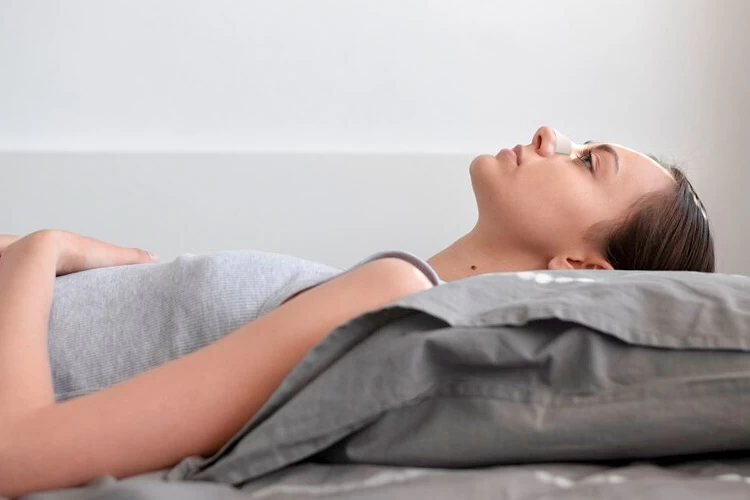
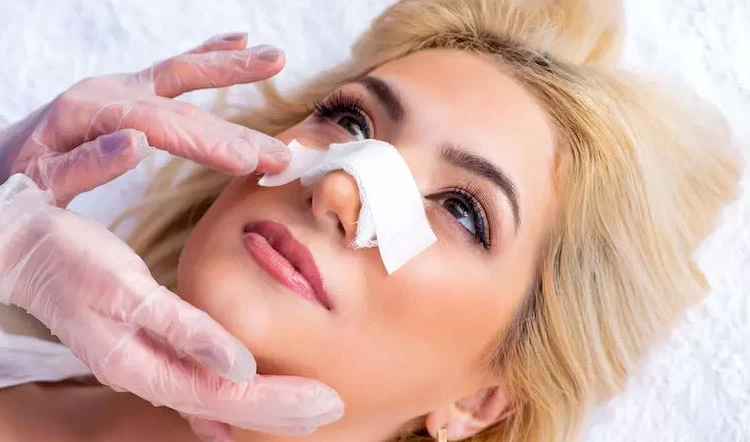
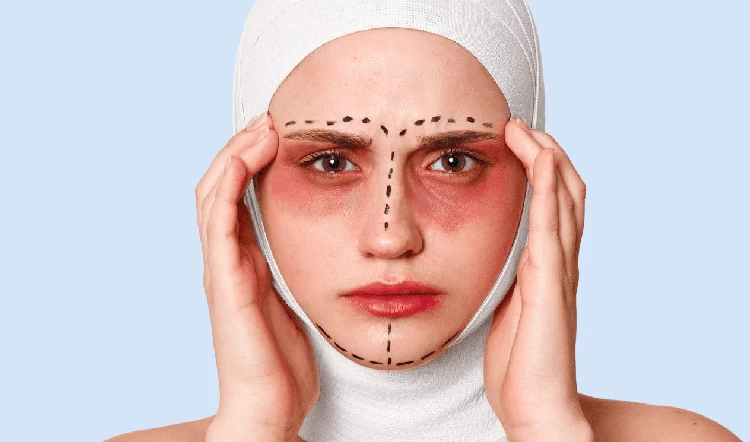
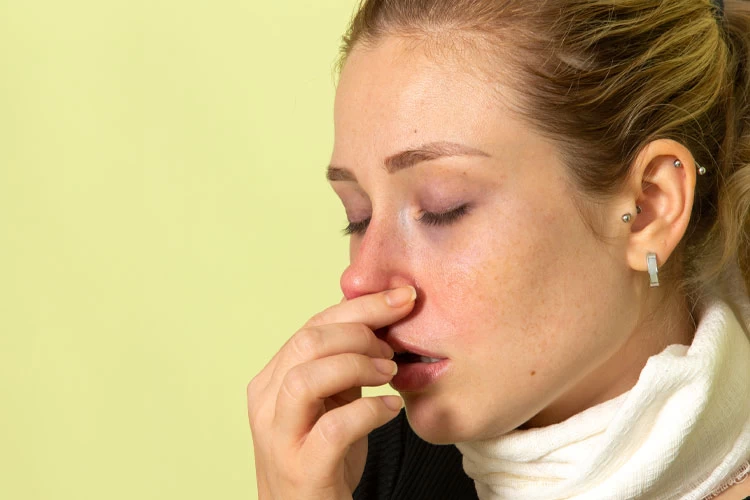
User
-Hi there. can I drink tea after rhinoplasty?
Habib Ebrahimi
-It is suggested not to drink coffee and tea during the first week after nose job as they can interfere with wound healing process and prolong the recovery period.
User
-Is there any problem to eat pineapple after rhinoplasty
User
-how long after rhinoplasty can i drink coffee
Habib Ebrahimi
-Hi,
It is better not to drink coffee for at least a week after rhinoplasty
User
-Hi! Thank you so much for the very useful information! I have a question. I want to do a fasting for religious purposes. How long after nasal surgery am I allowed to do that?
Fatemeh Vajhi
-After rhinoplasty due to physical weakness and the use of drugs after the operation until one week before the operation to put pressure on the body and continue the regular use of drugs and after one week after the nose surgery if the physical conditions is ok. It was possible to fast.